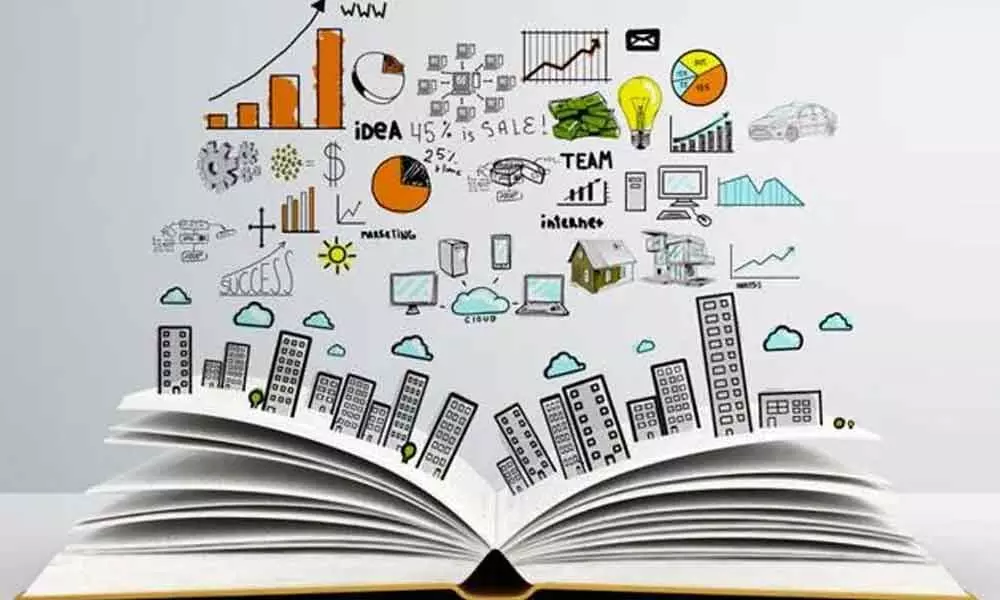Educational development is the process of improving the quality and accessibility of education for all people. It involves a wide range of activities, such as:
- Expanding access to early childhood education
- Improving the quality of primary and secondary education
- Making higher education more affordable and accessible
- Developing lifelong learning opportunities
- Addressing the needs of marginalized groups, such as people with disabilities and people from rural areas
Educational development is essential for economic growth, social development, and individual well-being. It is a key driver of innovation and creativity, and it helps to build a more equitable and just society.
There are many different challenges to educational development, such as:
- Poverty: Children from poor families are more likely to miss school and to have lower academic achievement.
- Inequality: There are significant disparities in educational attainment between different social groups, such as between urban and rural areas, and between different ethnic groups.
- Gender inequality: Girls are more likely to be excluded from education than boys, especially in developing countries.
- Conflict: War and conflict can disrupt education systems and make it difficult for children to learn.
- Natural disasters: Natural disasters can also damage schools and make it difficult for children to access education.
Despite these challenges, there has been significant progress in educational development in recent decades. The number of children enrolled in school has increased dramatically, and the quality of education has improved in many countries. However, there is still much more work to be done to ensure that everyone has access to quality education.
Here are some of the key trends in educational development that are likely to shape the future:
- The rise of technology: Technology is transforming education, making it more personalized, interactive, and accessible.
- The focus on skills: In the 21st century, employers are looking for workers with skills in critical thinking, problem-solving, and teamwork. Education systems are shifting their focus to developing these skills in students.
- The need for lifelong learning: In a rapidly changing world, people need to be able to learn new skills throughout their lives. Education systems are responding by offering more flexible and lifelong learning opportunities.
- The importance of equity: Educational development is not just about increasing access to education, but also about ensuring that everyone has a fair chance to succeed. Education systems are working to address the needs of marginalized groups and to create more equitable learning opportunities.
Educational development is a complex and challenging issue, but it is also one of the most important issues of our time. By addressing the challenges to educational development and by seizing the opportunities that technology and other trends offer, we can create a more just and equitable world for all.
Here are some specific examples of educational development initiatives that are making a difference:
- The Khan Academy is a free online educational platform that provides high-quality educational resources to anyone in the world.
- The Raspberry Pi Foundation is a non-profit organization that develops low-cost computers that can be used for educational purposes.
- The Malala Fund is an organization that works to ensure that all girls have access to education.
- The Global Partnership for Education is a partnership of governments, donors, and civil society organizations that works to improve education in developing countries.
These are just a few examples of the many educational development initiatives that are making a difference around the world. By working together, we can create a more just and equitable world for all through educational development.






